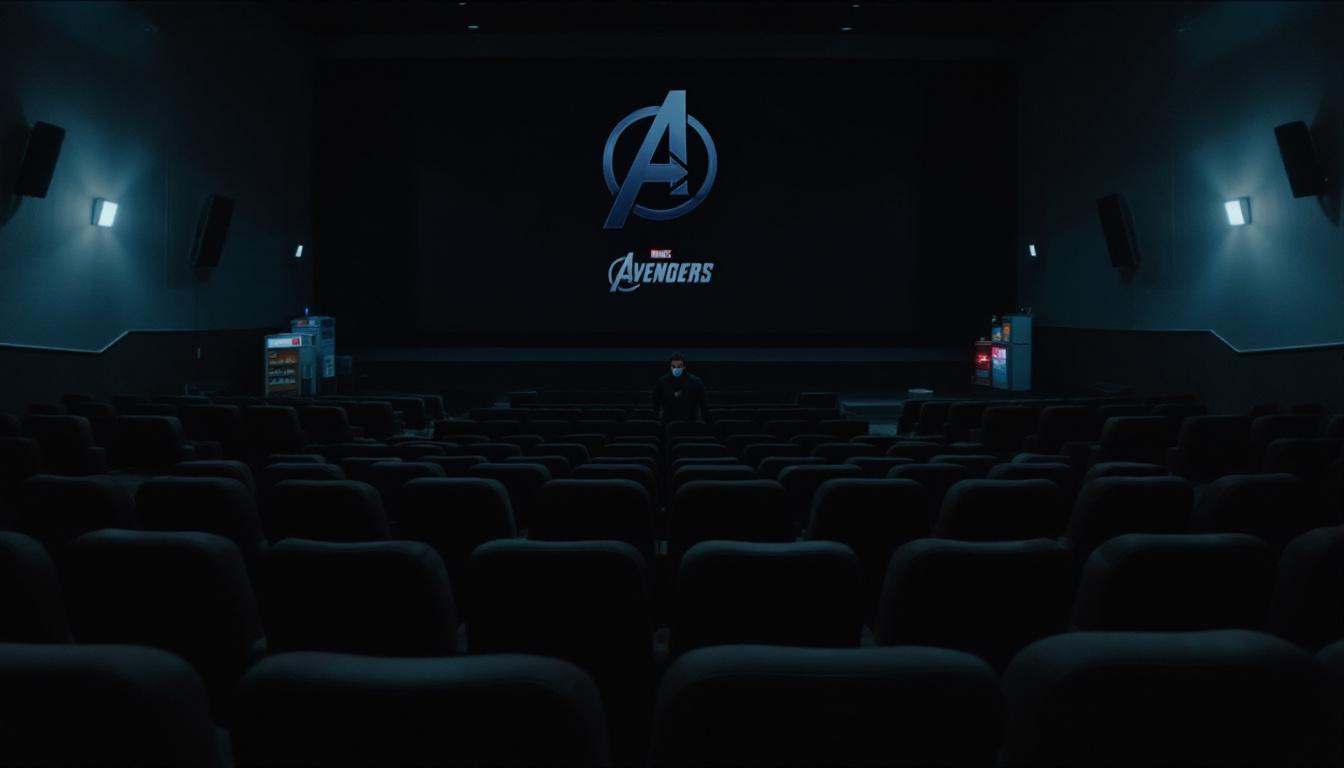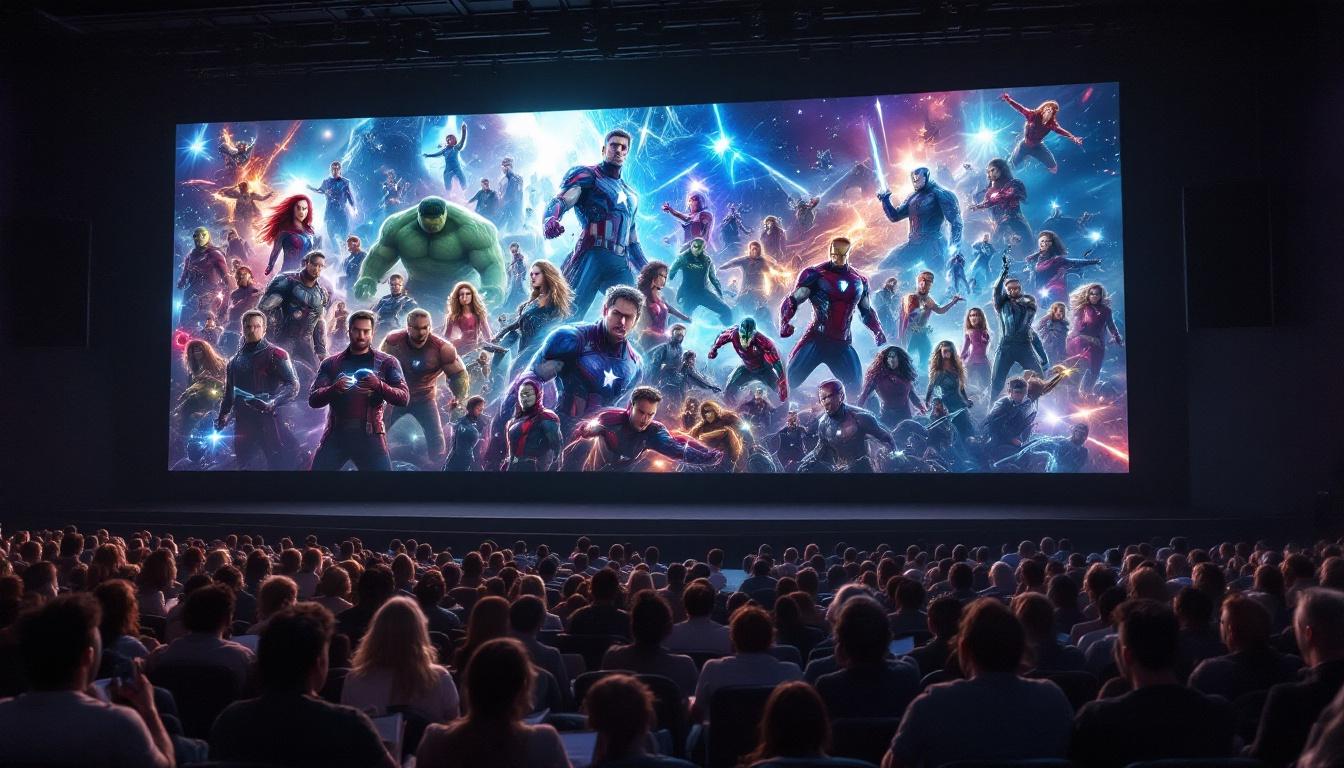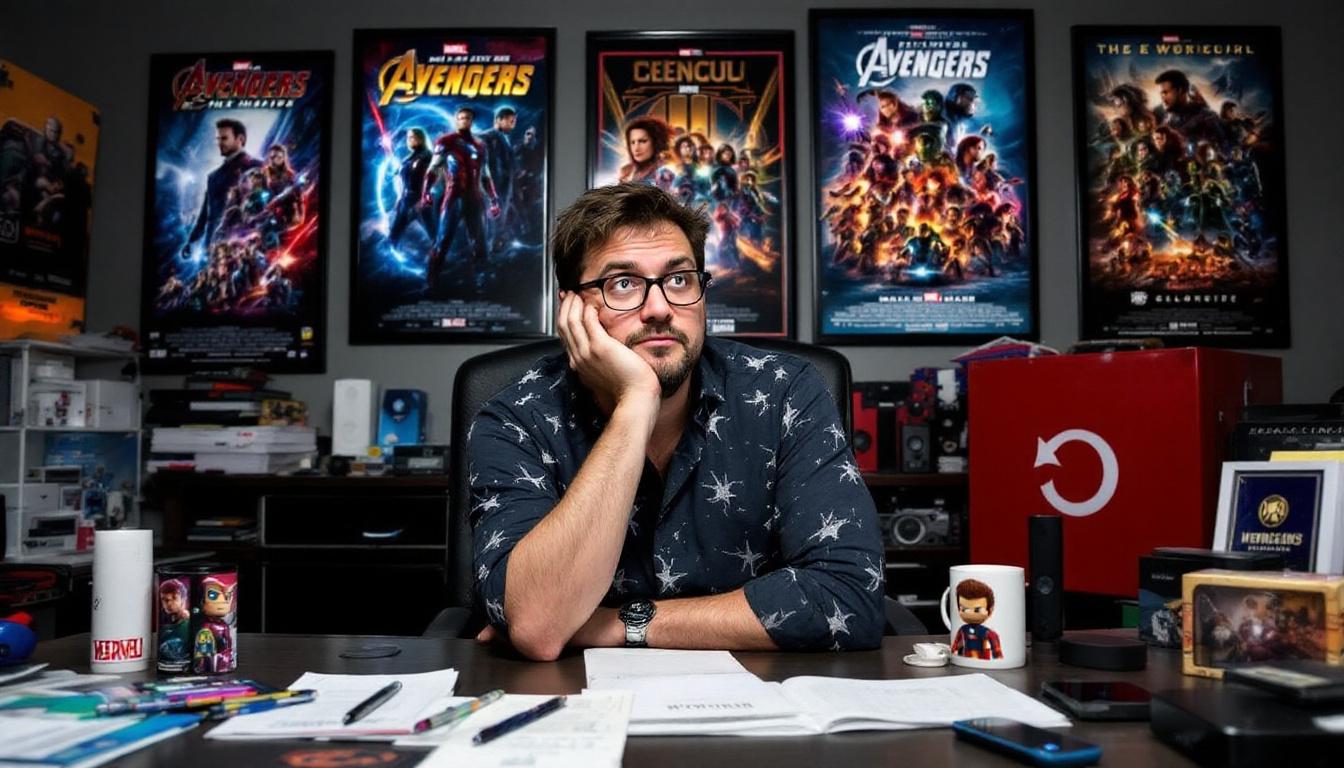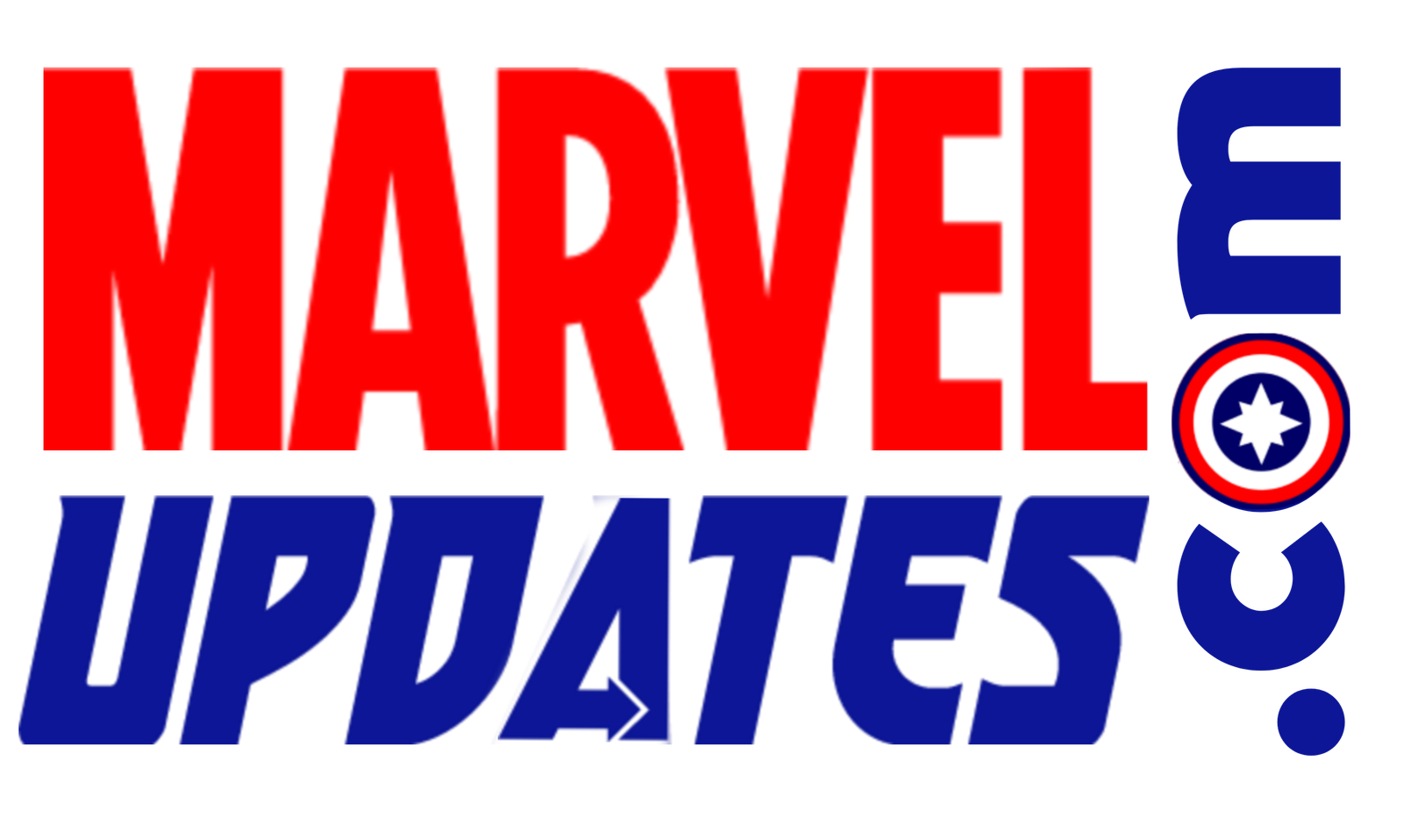The Golden Age of Marvel: More Than Just Movies
From 2008 to 2019, the Marvel Cinematic Universe (MCU) was the heart of blockbuster Hollywood. Marvel Studios released hit after hit, creating a connected web of heroes, villains, and stories that felt as big as the comics themselves. Each film worked like a puzzle piece, forming a giant picture that made fans feel like part of something massive.
- The Golden Age of Marvel: More Than Just Movies
- A Universe Built on Connection
- Endgame: The Pinnacle—and the Turning Point
- Taking a Breath: “Far from Home” and the Calm After Chaos
- The Pandemic Hits: A Sudden Shutdown
- The New Start: Stories, Strategy, and Stumbles
- The Fan Experience: Anticipation Turns to Uncertainty
- Nostalgia: The Double-Edged Sword
- Quality, Quantity, and Creative Risks
- The Multiverse Challenge
- Disney+ Series—A Double-Edged Experiment
- The Critic’s Dilemma: Mixed Feelings in the Present
- Is It Really a Downfall?
- Where Does Marvel Go Now?
- Conclusion: The Meaning of a Hero’s Journey
These weren’t just movies—they were events. People planned group trips to “Avengers” premieres. Families and friends watched, rewatched, and obsessed over every detail, every teaser, and every post-credits scene. “Endgame,” the gigantic 2019 finale to the MCU’s Infinity Saga, wasn’t just a movie; it was a reward for more than a decade of devoted viewing.
A Universe Built on Connection
Marvel’s secret power wasn’t just flashy effects or witty heroes. It was the masterful way every character’s story fit into a larger world. “Phases” became TV-like seasons, building up to final showdowns with universe-shaking consequences, like Thanos or Loki. This structure got fans involved at a new level. Each film promised not just entertainment, but hints of what came next.
Marvel movies became a tradition—a reason for people of all ages to look forward, speculate together, and discover new heroes.
Endgame: The Pinnacle—and the Turning Point
“Avengers: Endgame” in 2019 marked a true high point. It wrapped up dozens of overlapping stories and character arcs, creating emotional goodbyes and epic moments. It also broke the box office, earning nearly $2.8 billion worldwide and becoming a true cultural milestone.
But in some ways, you can see “Endgame” as both the finale and, quietly, the start of Marvel’s troubles. When a story this big and beloved ends, starting fresh gets tricky. How do you top an event of that scale? Fans were both satisfied and nervous for what would come next. And so was Marvel Studios.
Taking a Breath: “Far from Home” and the Calm After Chaos
After “Endgame,” the MCU took a breather with “Spider-Man: Far From Home.” This film acted as a cool-down lap—a friendly bonus chapter that let everyone process what had just happened. It set up the idea of new threats on the horizon, but mostly, it was closure for the Infinity Saga.
Fans wondered: What will Marvel do for an encore? Can the magic continue after so many beloved characters exited the stage?
The Pandemic Hits: A Sudden Shutdown

Then, out of nowhere, COVID-19 hit. Movie theaters around the world closed. Marvel had planned to keep rolling, but the world slammed to a stop. The much-anticipated “Black Widow”—meant to start a new chapter—waited over a year to finally see the big screen in 2021.
For over a year, fans lost their tradition of gathering to watch Marvel movies together in cinemas. This pause didn’t just hurt Marvel; it shook the entire entertainment world. But for an interconnected universe built on a steady flow of new stories, the break was even more damaging.
The New Start: Stories, Strategy, and Stumbles
When “Black Widow” finally released, it arrived in a changed world. Moviegoing wasn’t the same. Marvel tried to catch up, releasing films and Disney+ shows packed with fresh faces, side stories, and hints at a new “Multiverse Saga.” But something felt off.
Yes, there were bright spots. “Spider-Man: No Way Home” sparked global excitement and earned $1.9 billion, putting familiar faces from different eras together. “Deadpool & Wolverine” delivered that fun, too. The experimental “Eternals” and sequel “Black Panther: Wakanda Forever” brought bold ideas and new cultures to the screen.
But the overall momentum was gone. MCU’s return to theaters felt uneven. Instead of the old excitement for each new chapter, fans got mixed signals: too many new characters all at once, parallel stories that rarely connected, and Disney+ shows that jumped in and out of the main storylines.
The Fan Experience: Anticipation Turns to Uncertainty

The simple fact is: it’s harder to keep people thrilled when the map is unclear. The old days had anticipation—every film felt like a must-see. Today, many fans wonder which MCU movies and shows really matter, or if it’s even possible to keep up. “Do I have to watch every Disney+ series before the next movie?” became a common, sometimes frustrated, question.
Plus, so much content dropped at once—a “more is better” attitude—that even die-hard Marvel fans felt overwhelmed. Instead of building curiosity, the flood of stories scattered attention and forced viewers to pick and choose.
Nostalgia: The Double-Edged Sword
Many recent Marvel’s biggest wins (“No Way Home,” “Deadpool & Wolverine”) have leaned hard into nostalgia. Classic actors return for heroic curtain calls, sometimes stealing the spotlight from new characters. These moments play well to crowds that grew up with the early MCU, but they risk leaving new viewers feeling left out or confused.
Nostalgia brings cheers, but it can also be a trap: too much looking back means not enough building forward.
Quality, Quantity, and Creative Risks
It’s not all bad news. Some new MCU stories have been fresh and exciting. “Eternals” dared to be strange and cosmic. “Thunderbolts” dove deep into a team’s trauma. “Wakanda Forever” explored grief and leadership in powerful ways.
But the MCU’s huge release schedule—lots of movies and shows, all needing to connect—has made it tough to reach the heights of earlier phases. A roaring crowd isn’t guaranteed when fans sense the urgency is missing. Without a clear vision, even high-budget projects can come across as filler.
The Multiverse Challenge
The idea of a multiverse—endless versions of characters, infinite worlds—sounded thrilling. But it’s also confusing, since stakes are lower when anything can happen and everyone can return. After “Endgame,” it’s hard for audiences to feel tense if major deaths or plot twists might get reversed a film or two later.
Marvel hoped the multiverse would create new paths and stories, but it’s been tricky to get fans as invested in these scattered realities.
Disney+ Series—A Double-Edged Experiment
Disney+ gave Marvel a way to keep growing, telling longer, more complex stories. Some series (“WandaVision,” “Loki,” “Ms. Marvel”) became fan favorites. Others lost steam or looked cheap compared to the movies. The problem is, not everyone wants or can watch every single show. It makes the universe harder to follow.
The Critic’s Dilemma: Mixed Feelings in the Present

Today, critics and fans alike wrestle with these mixed feelings. Marvel is producing more content than ever, but the thrill is diluted. Some long for the interconnected magic that made earlier phases great, while others hope Marvel takes bigger risks, letting new characters and stories rise without always leaning on old favorites.
The “downfall” is not about bad movies—it’s about lost feeling. The MCU went from a tightly-managed, exciting story to something loose, wandering, and unsure of itself.
Is It Really a Downfall?
Some call this the end of Marvel’s golden age. But here’s the truth: All long-running universes face rough patches. Superhero burnout, changing audience tastes, and global events like the pandemic always leave marks. If Marvel learns from these years—focusing on story, emotion, and innovation—it can surprise us again.
Where Does Marvel Go Now?
MCU’s future isn’t set in stone. A new wave of creators could bring back focused storytelling and bold moves. Maybe Marvel slows down, lets stories breathe, and tells tighter, more personal tales. Maybe it goes cosmic, or comedic, or finds new genres entirely.
Fans still want heroes to cheer and journeys to follow. If Marvel listens and adapts, it could find new magic for another decade.
Conclusion: The Meaning of a Hero’s Journey
Marvel’s real superpower has never been capes or CGI—it’s about hope, connection, and change. Even when the journey gets bumpy, the spirit of these stories can rally fans to believe in courage, teamwork, and redemption.
The MCU’s best tales are about rising after defeat. It’s facing a downfall, yes, but if it finds heart and adventure again, it can rise stronger—one story at a time.
To contact us click Here .
Discover more from Marvel Updates
Subscribe to get the latest posts sent to your email.

